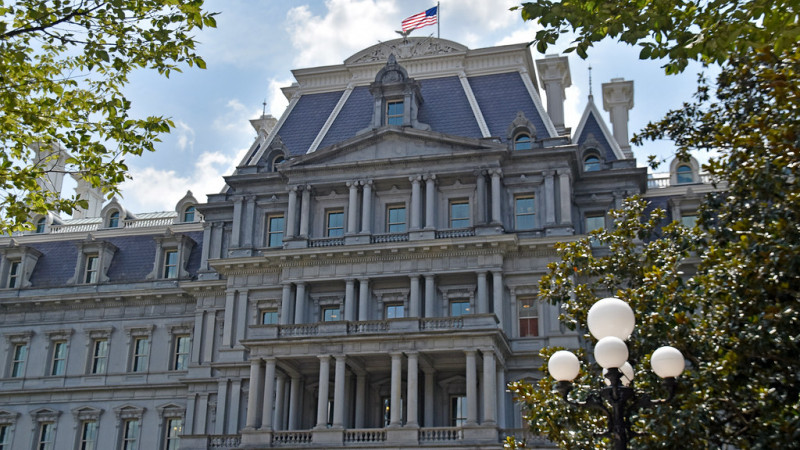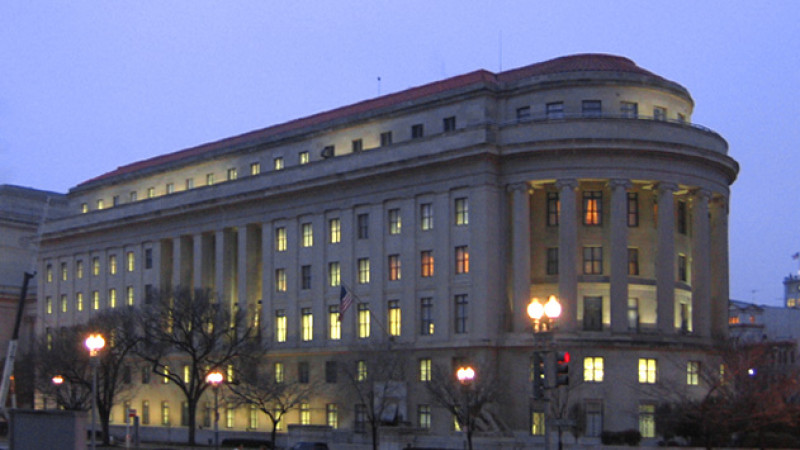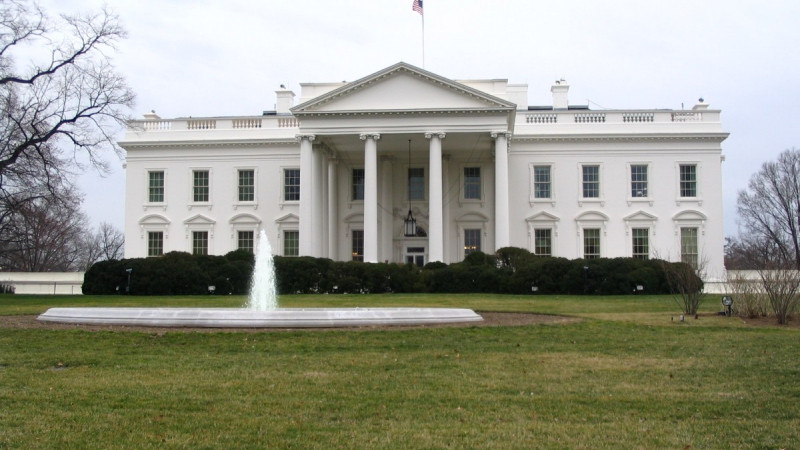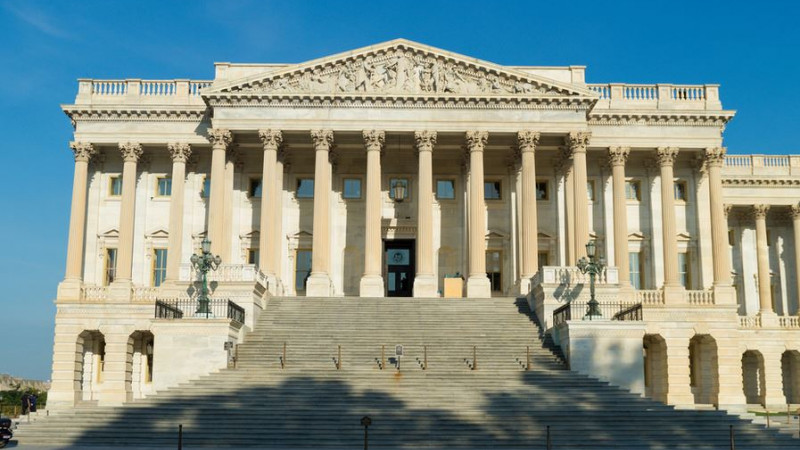Swaying the Supreme Court
Policy Integrity has helped support several major environmental rules that have faced challenges in the Supreme Court, and our legal briefs have received significant attention. In the UARG v. EPA case on greenhouse gas regulation, one of Justice Kagan’s questions restated the central argument of our amicus brief (not raised in any other brief) about the EPA’s consistent interpretation of the Clean Air Act over 30 years. The Court’s ruling affirmed the EPA’s authority to regulate greenhouse gases under the prevention of significant deterioration program, as our brief suggested it should.
In the Court’s case on the Cross-State Air Pollution Rule, EPA v. EME Homer City Generation, our brief argued that a lower court had essentially substituted its preferred policy for that of the EPA, acting inconsistently with core principles of administrative law. The Supreme Court upheld the Cross-State Air Pollution Rule, and Justice Ginsburg, who wrote the majority opinion, cited one of Richard Revesz’s articles in her opening paragraph.
In Michigan v. EPA, the Supreme Court’s review of the EPA’s Mercury and Air Toxics Standards, an argument put forward in our brief occupied roughly half of the discussion at oral argument. We claimed that the EPA cannot meaningfully assess compliance costs at the initial listing stage of its regulatory process, because costs inextricably depend on subsequent regulatory design choices. Justice Kagan’s dissent focused on this argument, and while the Court ruled 5-4 to remand the mercury rule to the D.C. Circuit Court, the rule is likely to be ultimately upheld.

_800_450_90_s_c1.jpg)
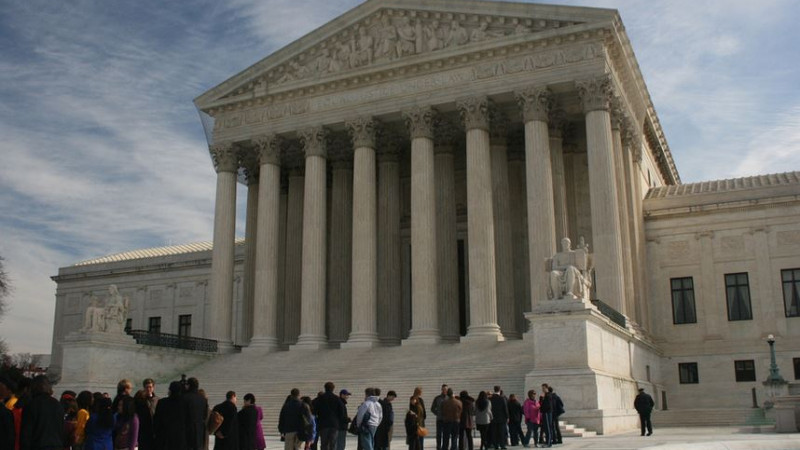
_800_450_90_s_c1.jpeg)

